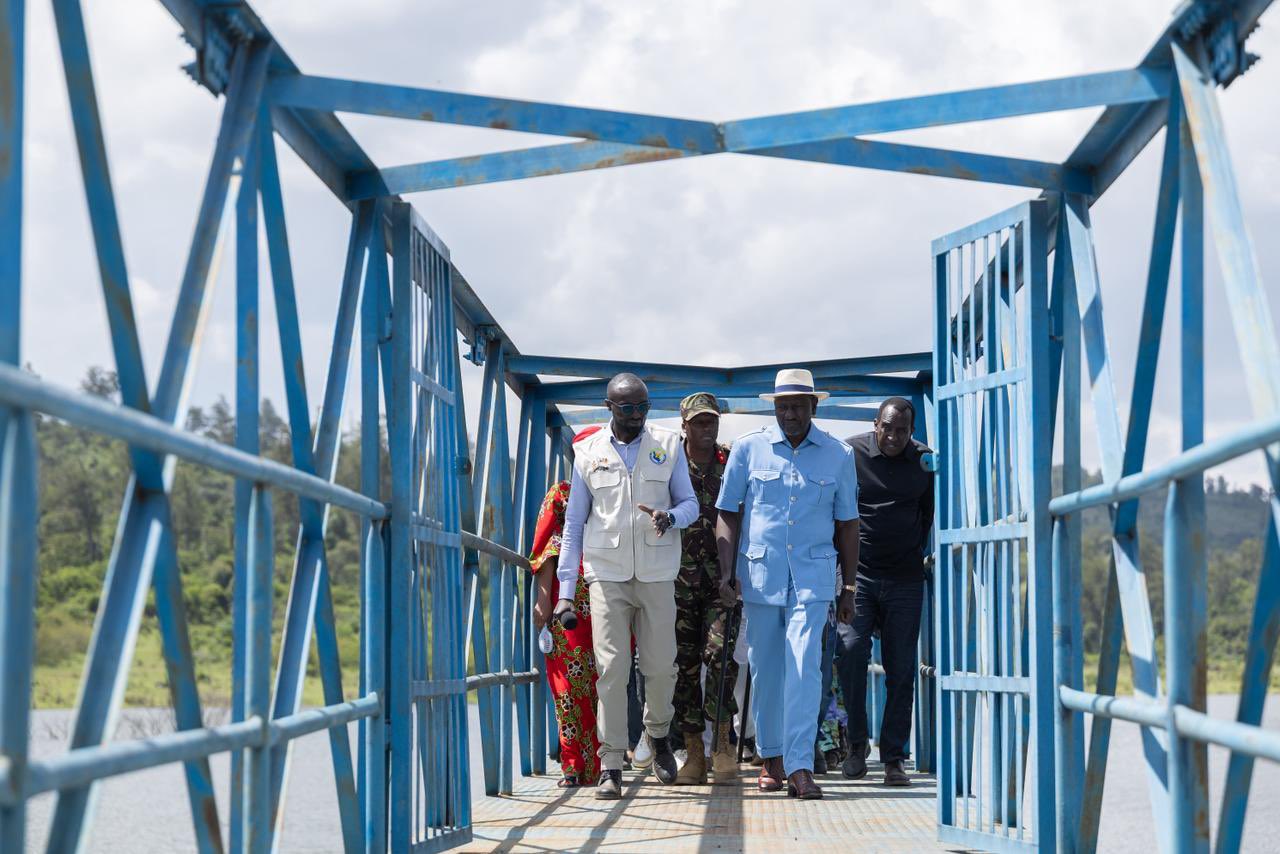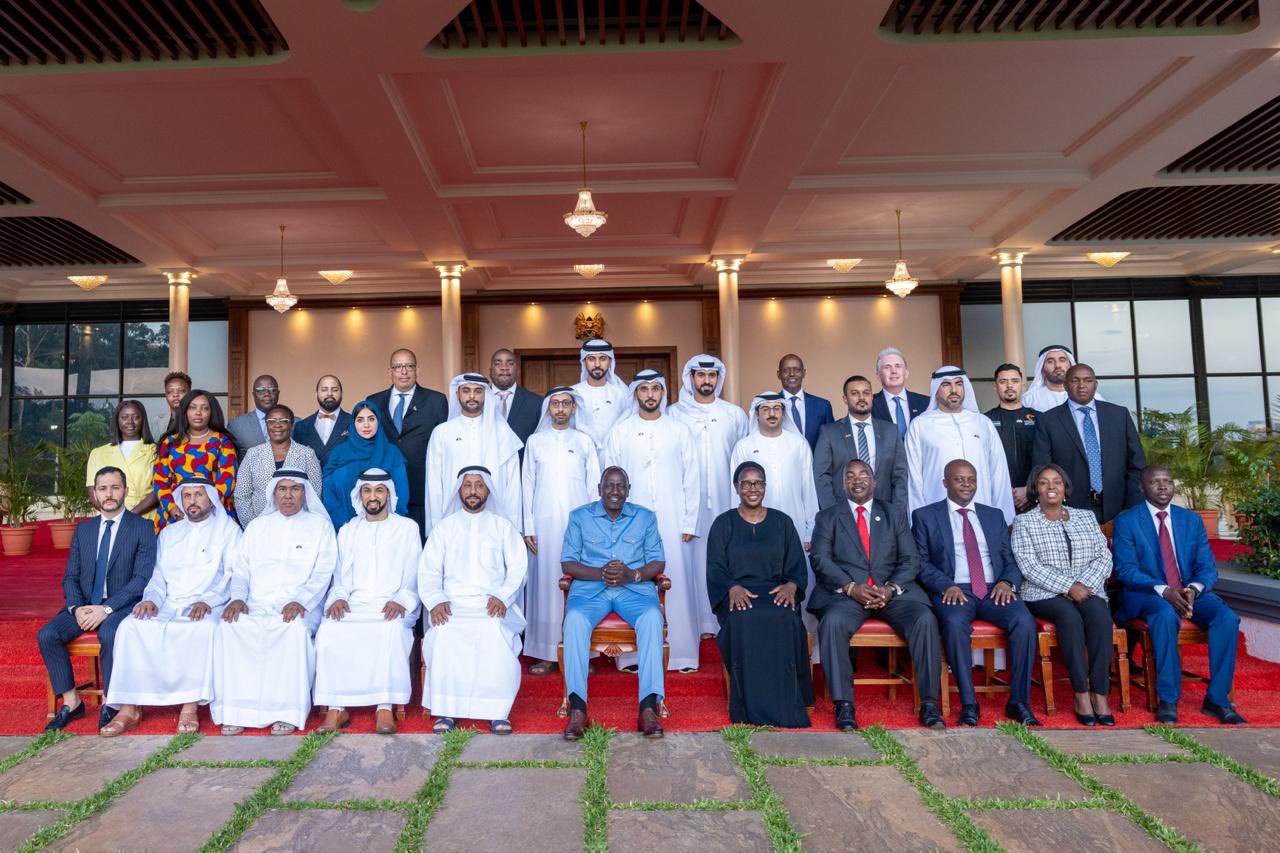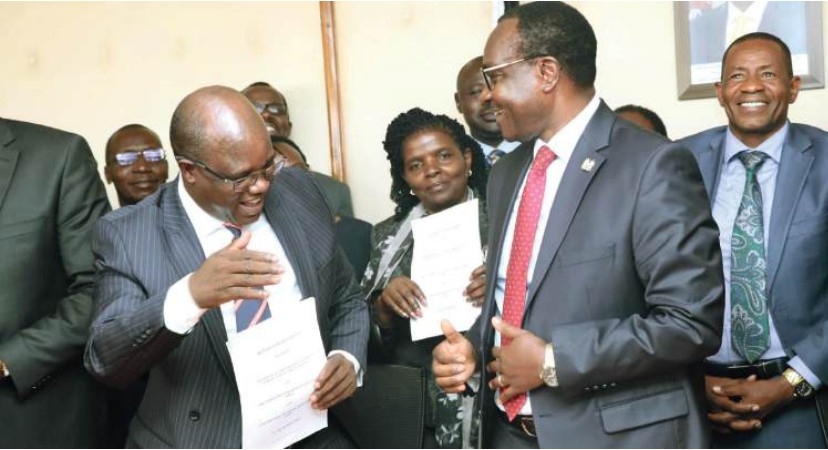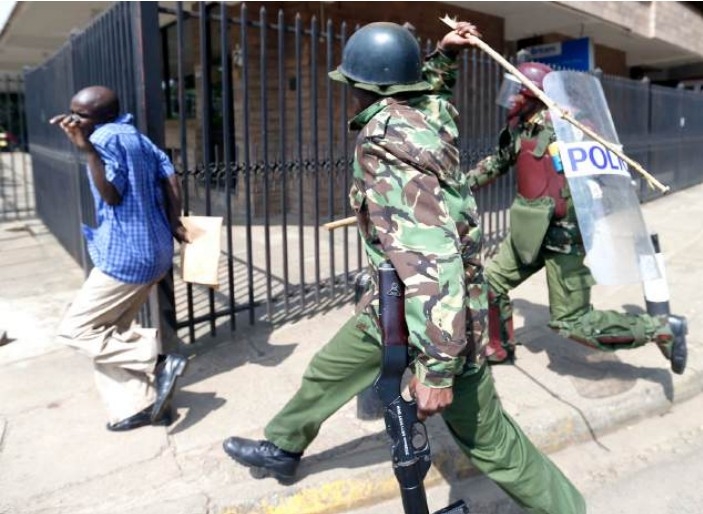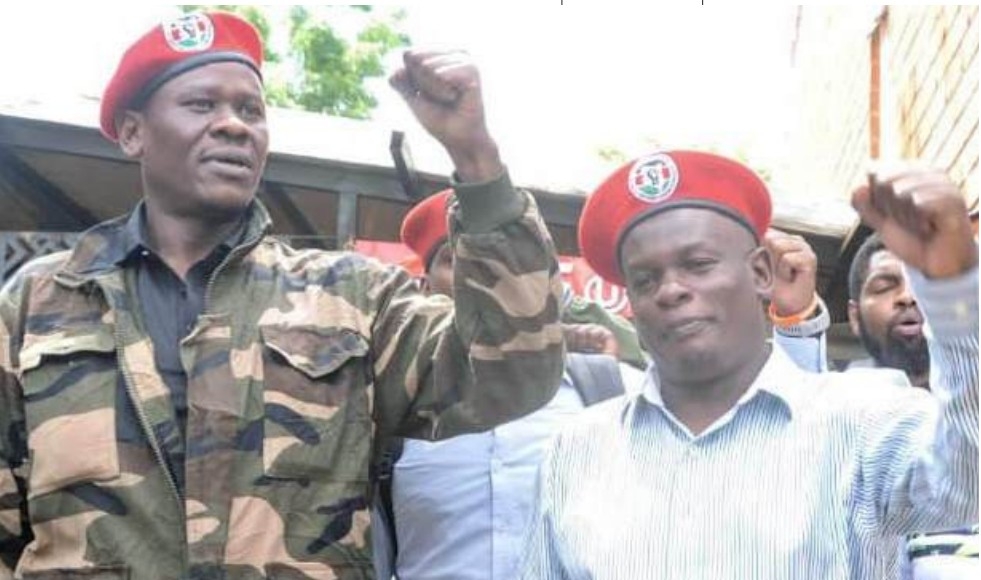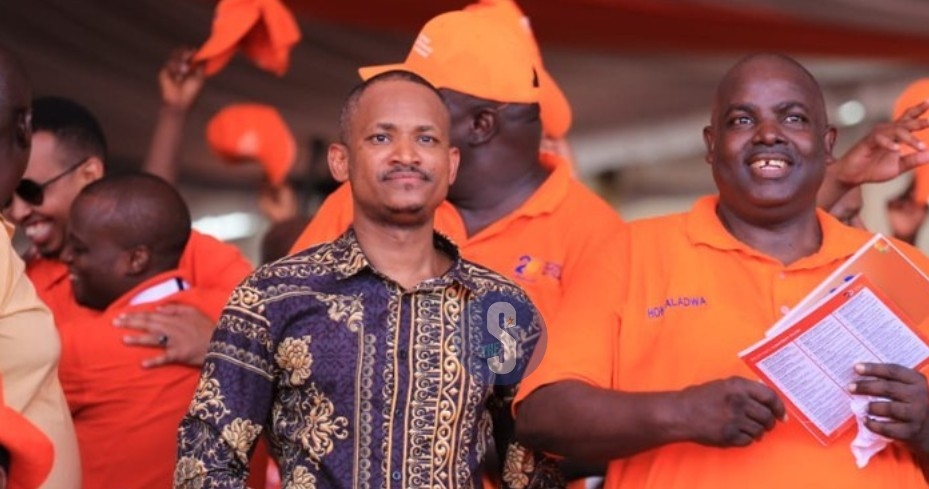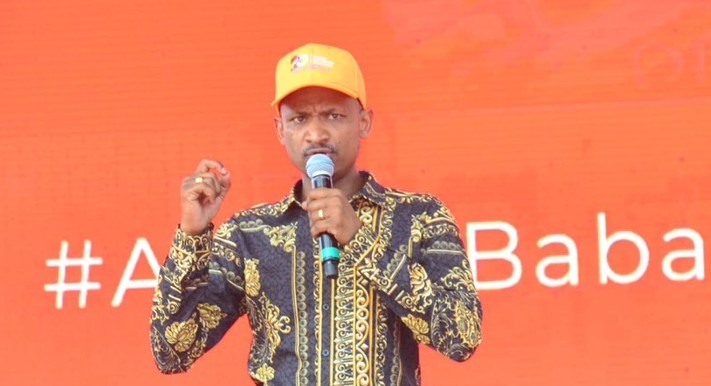
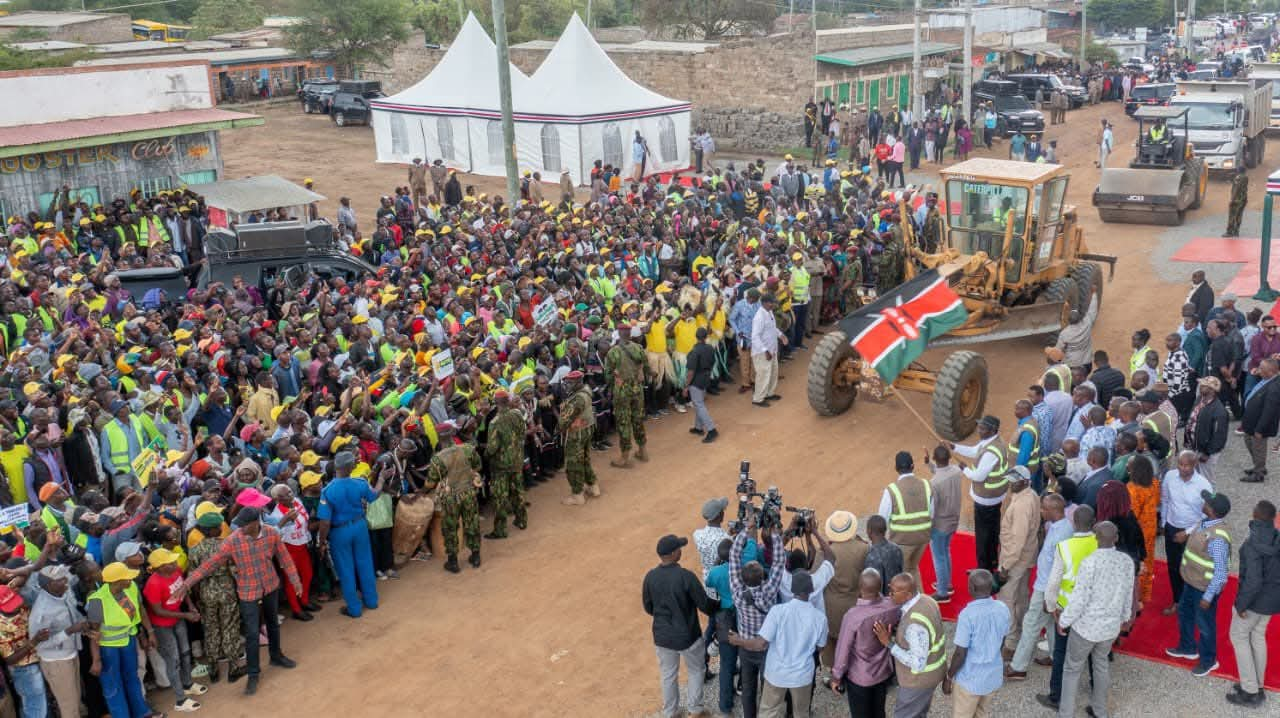
President William Ruto spent this week crisscrossing the country in an intensive development-focused itinerary that took him from Samburu and Kajiado to the three Ukambani counties of Makueni, Kitui and Machakos.
The tours, some previously delayed, allowed him to launch, commission, and inspect dozens of projects tied to infrastructure, housing, energy, irrigation, water supply, education, and economic empowerment.
The week began in the north shortly after he presided over the 2025 Maa Cultural Festival in Kajiado, after which he shifted his focus and Samburu.
He later returned to Nairobi for a series of high-level diplomatic engagements before flying to Ukambani to begin a four-day development tour.
Here's a round-up:
November 9, Sunday
He started the day with a service at ACK All Saints’ Pro-Cathedral in Maralal.
He then laid the foundation stone for the Sh190 million Baragoi Modern Market, a facility expected to offer more than 500 traders a conducive environment to conduct business.
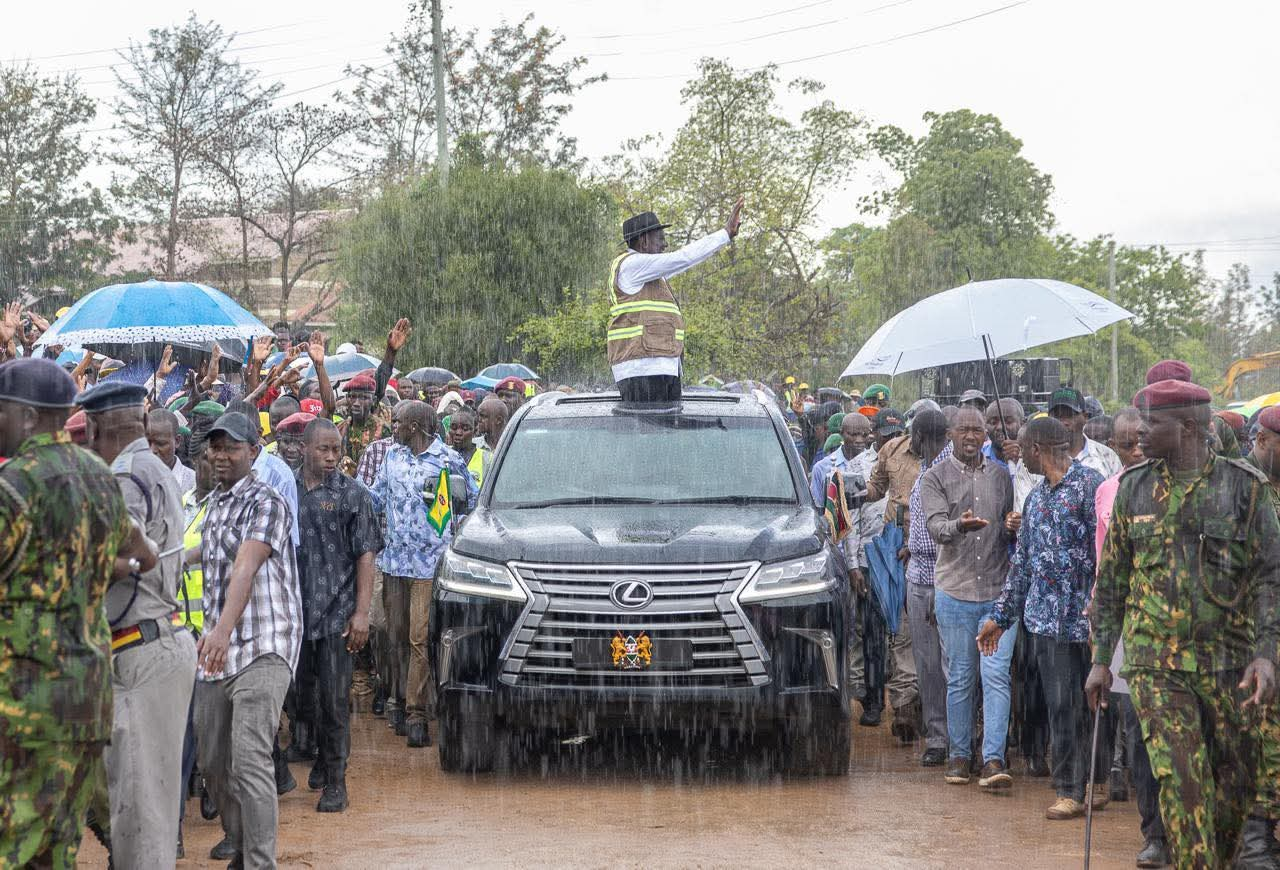
He emphasised that investments in markets, housing and student hostels were part of a broader strategy to stimulate socio-economic growth and create opportunities for citizens to engage in meaningful enterprise.
In Samburu, he observed, such development was also helping entrench peaceful co-existence and enabling communities to pursue income-generating activities.
He later launched the 302-unit Archer’s Post Affordable Housing Project, part of a Sh7.4 billion investment in Samburu County.
He also flagged off the tarmacking of the 20km Kisima–Sura Adoru Road and outlined plans to eventually extend it to Wamba and later to Merille in Marsabit County—an effort to integrate marginalised regions into productive economic networks.
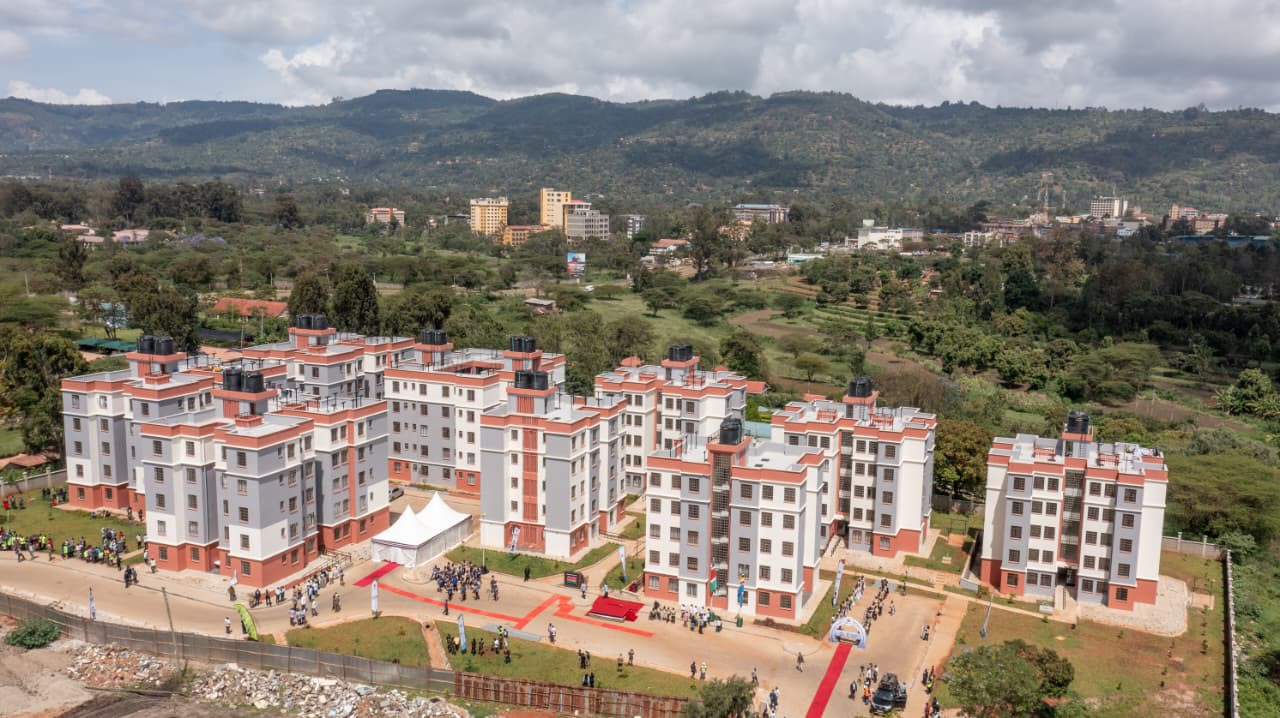
In Sirata, he broke ground for a 340-bed hostel at the Samburu West Technical and Vocational College, describing it as vital for easing students’ accommodation challenges and improving learning outcomes.
He then commissioned the Sh760 million Maralal Water Supply Project, which will provide reliable water to more than 70,000 households.
The day ended with an inspection of the Kenya Medical Training College in Maralal and the launch of the 30km Maralal–Suyani Road.
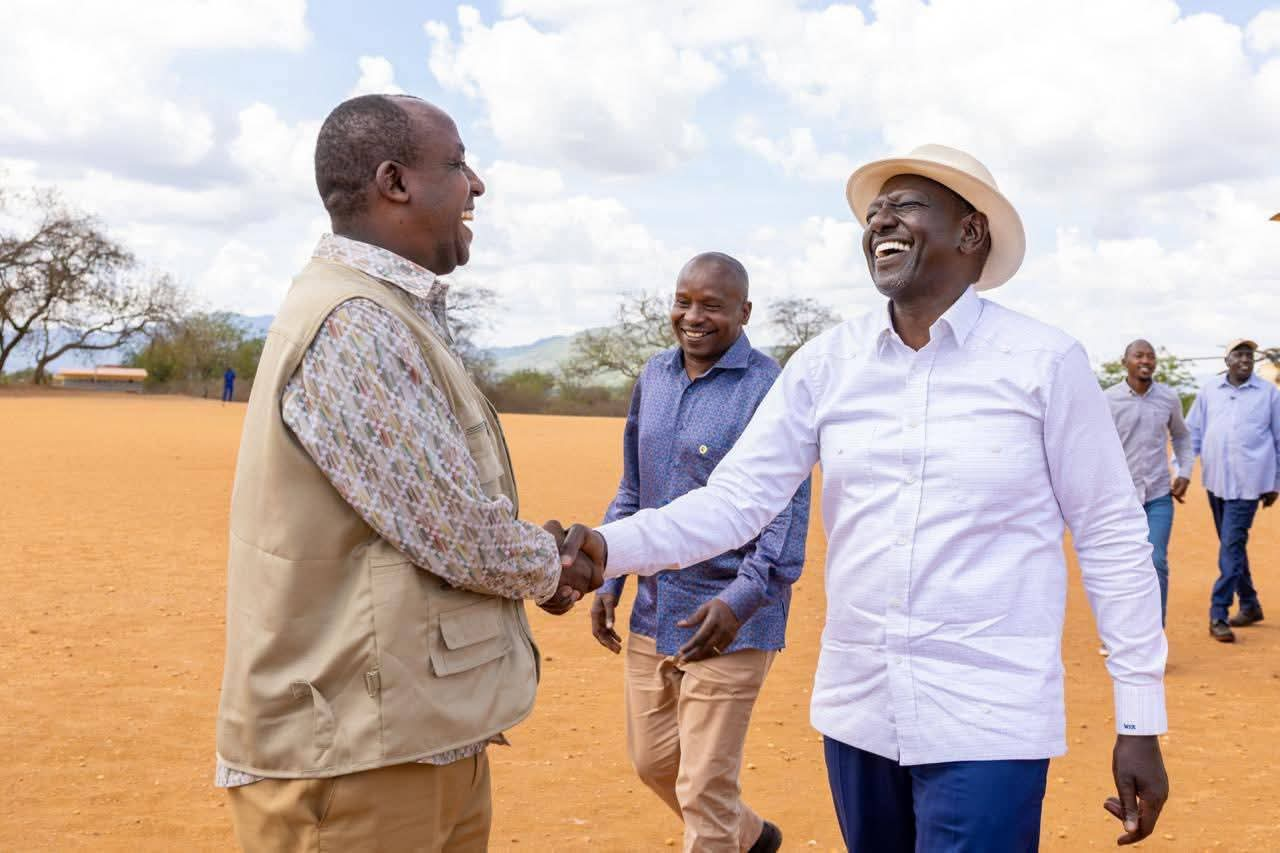
November 10, Monday
President Ruto hosted a delegation from Sharjah, UAE, led by Abdulla Sultan Al Owais of the Sharjah Chamber of Commerce and Industry.
Their talks focused on deepening trade and investment under the Kenya–UAE Comprehensive Economic Partnership Agreement (CEPA).
Discussions centred on major infrastructure and energy investments, including plans to expand Kenya’s energy capacity to 10,000MW within seven years, construct dual 1,500km highways, build 10,000km of tarmacked roads, upgrade ports and airports, and develop 50 mega dams through PPPs.
He also highlighted collaboration in ICT and the digital economy to leverage Kenya’s youthful innovators.
November 11, Tuesday
He addressed the 25th EAC MSMEs Trade Fair at Uhuru Gardens, reaffirming government support for the MSME sector through affordable credit and financing.
He cited the Hustler Fund’s disbursement of over Sh80 billion to 26.7 million Kenyans and the ongoing NYOTA programme supporting 110,000 youth entrepreneurs.
He reiterated the government’s investment in value addition through County Aggregation and Industrial Parks and Special Economic Zones across the country.
At State House, he later met the High-Level Panel of the Wise and AU Institutional Reforms technical teams, where he received updates on ongoing reforms aimed at making the AU more effective, efficient and responsive.
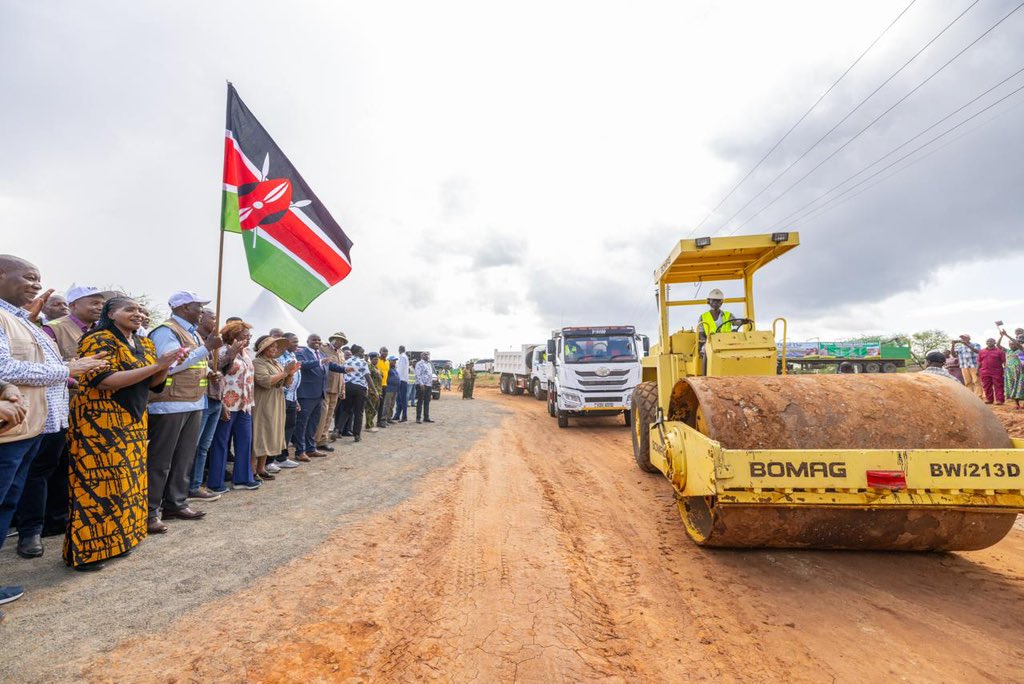
As the Champion for AU Institutional Reforms, he noted growing continental consensus on strengthening peace and security, governance, financing and the operationalisation of AU judicial organs.
November 12, Wednesday
In Nairobi, he held a meeting with UBA and Heirs Holdings Group Chairman Tony Elumelu, whose commitment of $1 billion to infrastructure development in Kenya he described as a strong demonstration of Africa’s private-sector leadership in continental transformation.
He said the partnership aligns with Kenya’s agenda on power generation, food security, and expansion of roads and rail.
He then flew to Makueni to kick off his four-day tour of Ukambani.
He commissioned the Kasikeu and Mikuyuni bridges and issued more than 2,000 title deeds to resolve longstanding land issues.
He emphasised that infrastructure projects in Makueni—long left behind—would reduce transport costs, expand trade, and increase farmers’ earnings.
Across Makueni, Kitui and Machakos, he announced the issuance of 58,000 title deeds.
November 13, Thursday
At State Lodge, Kitui, the he received the exit report from outgoing National Land Commission commissioners, praising them for resolving land disputes and serving the nation with distinction.
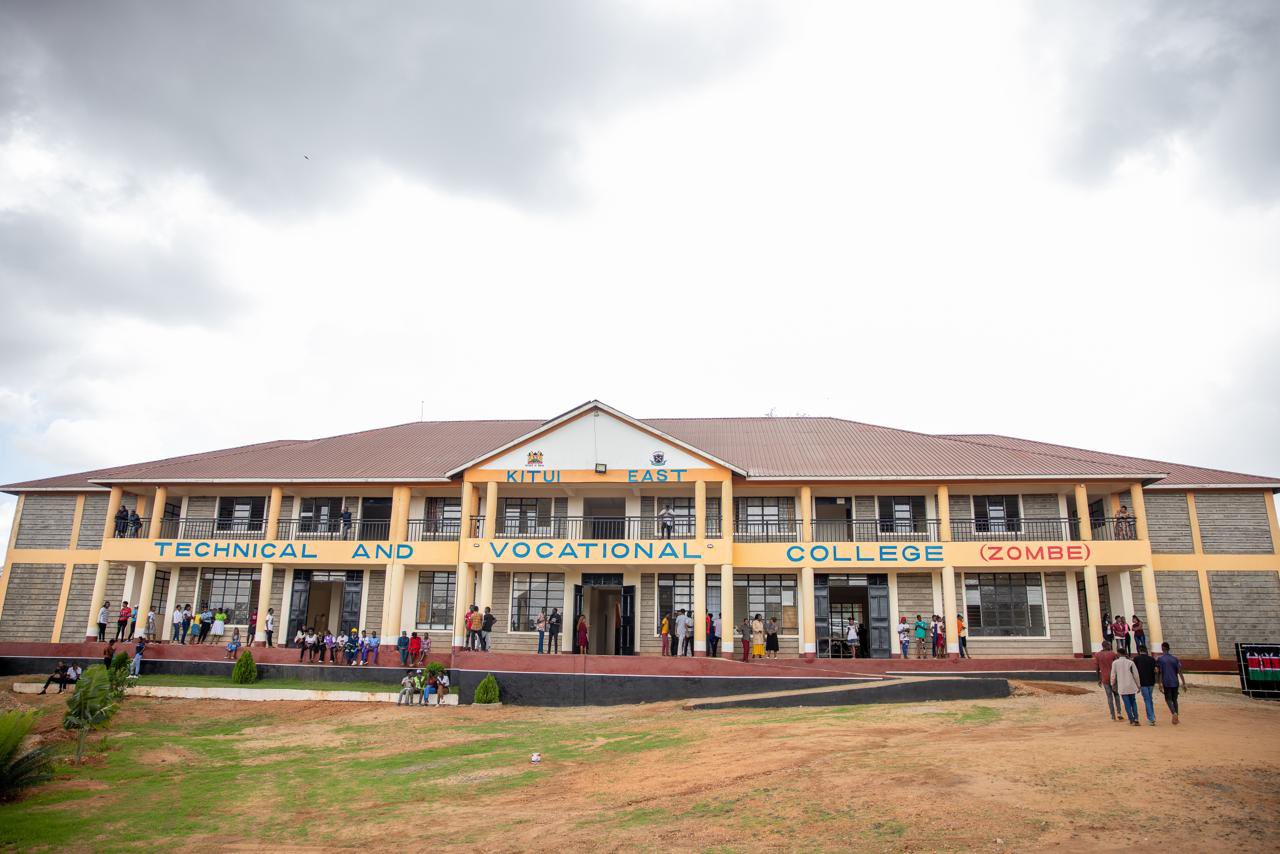
In Mwingi North, he issued 15,000 title deeds and launched the tarmacking of the 13km Kamuwongo–Kandwia road.
He inspected the Kamuwongo Fresh Produce Market and flagged off the Sh2.3 billion Last Mile Electricity Project to connect 20,000 homes.
He later inspected the 33km Tulia–Migwani–Mbondoni Road and issued an additional 15,000 title deeds in Ikutha.
He opened the Kitui East Huduma Centre and the Kitui East Technical and Vocational Training College in Zombe, while also launching the construction of the 25km Chuluni–Zombe road.
November 14, Machakos
The President began the day with discussions on healthcare collaboration with Kitui County officials, affirming the national commitment to strengthening universal healthcare under the Social Health Authority.
He announced a Sh200 million national government contribution towards establishing the Nzamba Kitonga Memorial Hospital in Mutito.
In Machakos, he launched the 13km Kangundo–Kivaani road and the 22km Kivandini–Miseleni road, part of the county’s planned 360km road upgrade worth Sh3 billion.
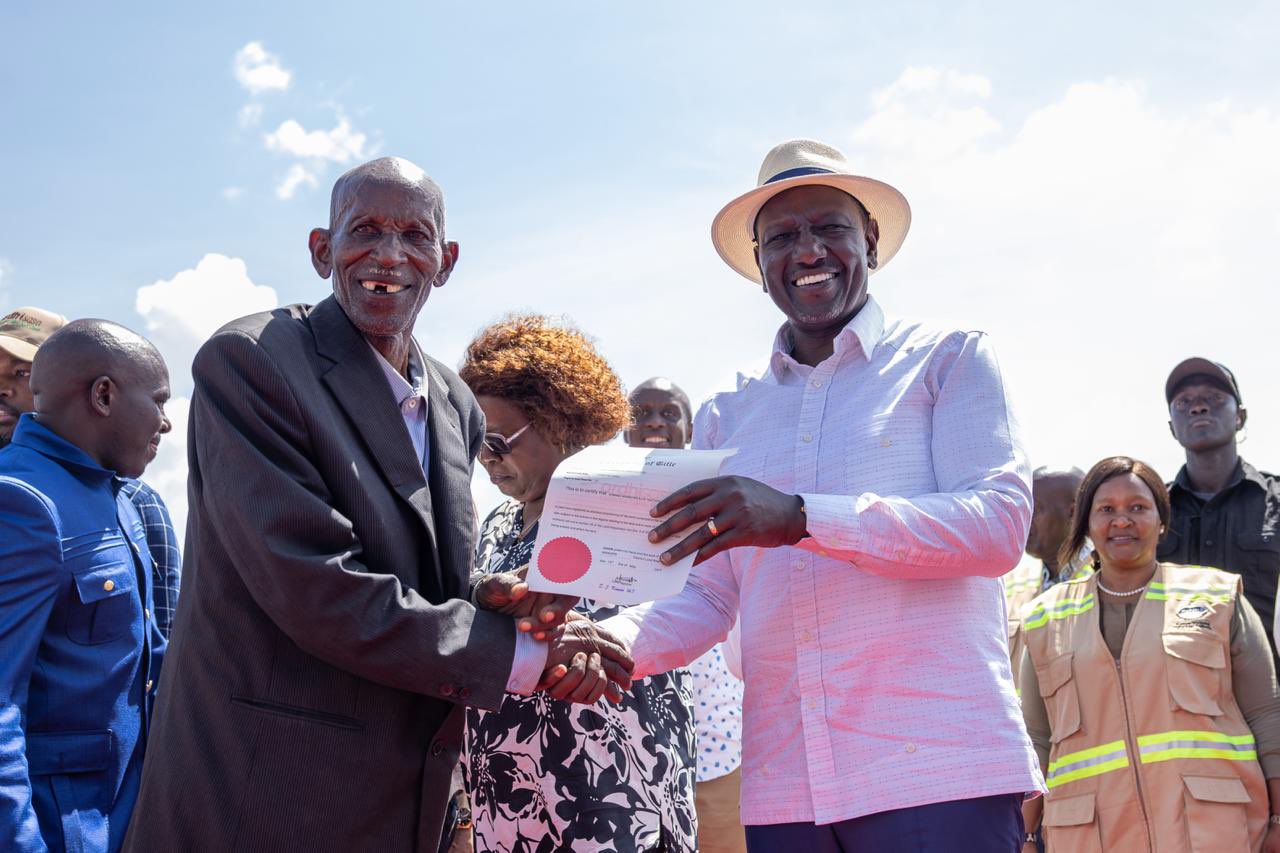
He also commissioned Phase 1 of the Machakos Affordable Housing Programme, handed over 220 new homes, and broke ground for Phase 2, which will deliver 570 units.
Ruto announced that Sh25 billion has been invested in affordable housing, modern markets and student hostels in Machakos.
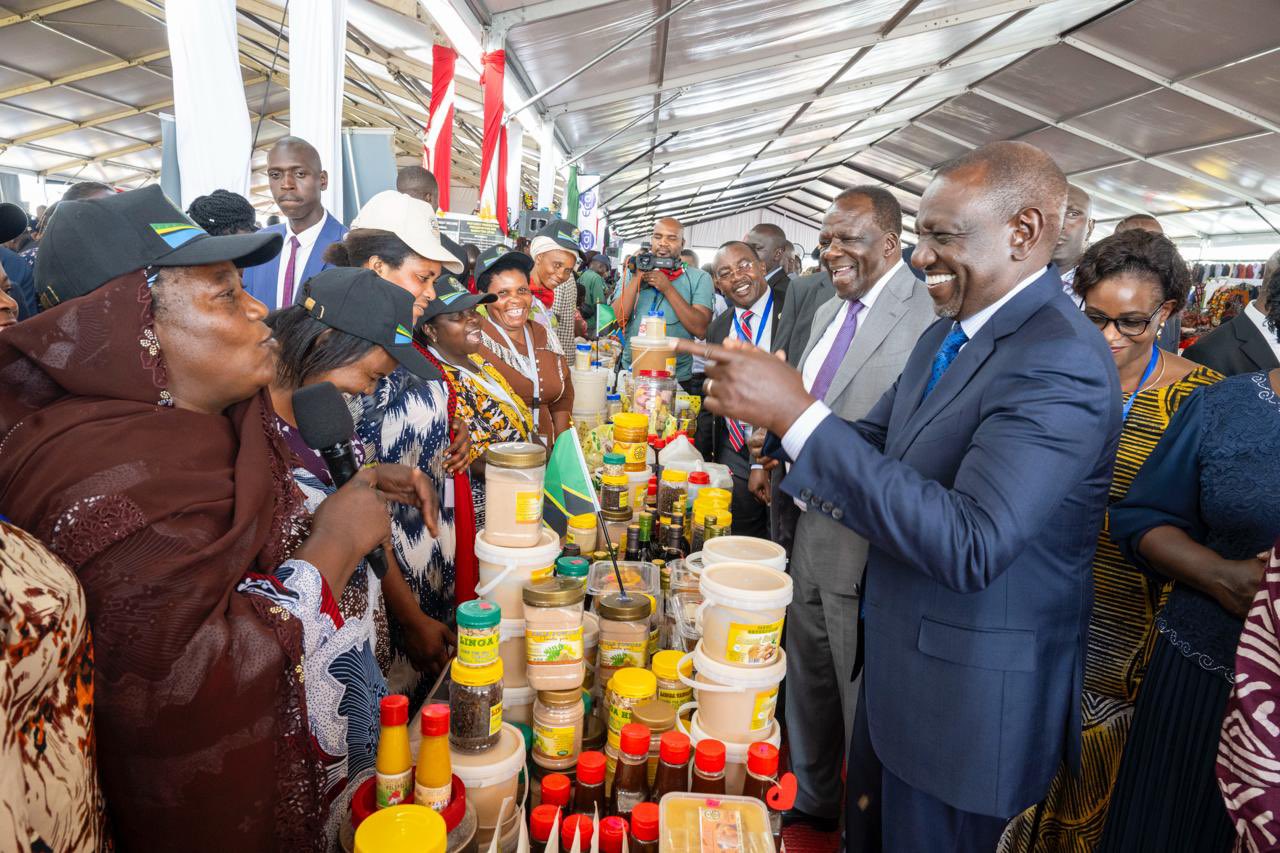
He also highlighted the ongoing electrification of 10,000 homes and approved Sh700 million compensation for residents affected by the Miwongoni Dam.
He ended the day by inspecting the Sh52 million Mutituni Modern Market and approved an additional Sh50 million for its expansion to accommodate 600 traders.
